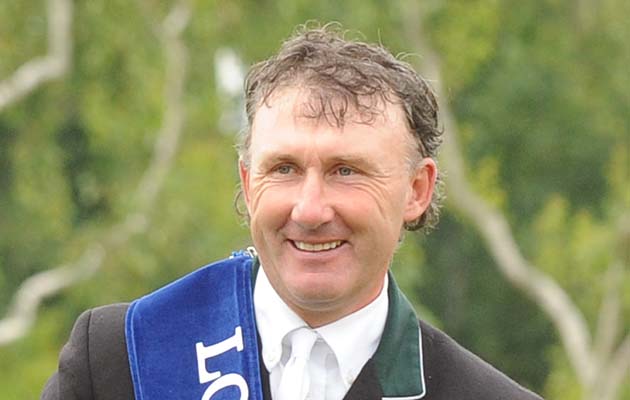Opinion
Looking at the British team selection for the World Equestrian Games (WEG), you could say that Di Lampard has lost our two best riders to the Global Champions Tour (GCT).
Scott Brash is still trying to find consistency with his string of mainly nine-year-olds, while Ben Maher is also on younger horses, but they have more experience, making him a big loss to the team. But why would riders risk competing at Tryon if they’re on track to win a fortune? Ben’s GCT earnings are already around €700k (£634,280) this season and he’s on target for an additional €1m if he stays at the top.
When you consider the large investments sponsors, owners and some riders put in, you can’t blame them for making these decisions. To win a championship title and a medal is wonderful, but there has to be a balance to what’s on offer. Calgary has a top prize of $800k (£621,460) and winning the Rolex Grand Slam banks you a payout in the millions.
Showjumping is entering F1 territory when you look at horse prices and expenses. As a result, the major championships could soon become less important than the GCT.
‘Glamorous and high-powered’
The introduction of the Global Champions League has also made a big difference and I fully expect to see some mainstream team sponsorship from major global corporations. It’s glamorous, high-powered, and the money is now up there with a lot of other major sports.
If riders can establish themselves on that tour, it’s a game-changer. Instead of having to sell horses to make ends meet, they can finance themselves through prize money, which is a huge plus.
The GCT isn’t going away. But in order to counter it, and ensure the sport remains competitive across its sphere, the FEI needs to vastly up its game when it comes to the “super league” Nations Cup. The FEI seems handicapped by bureaucrats, which has enabled businessmen such as the GCT president, Jan Tops, to come in and prove you can bring multi-millions into showjumping, the world over.
Meanwhile, Rolex has taken over the sponsorship of the shows at Rome, Calgary, Aachen, ‘s-Hertogenbosch and Geneva, which means no more super league Nations Cups at these prestigious venues. It’s left the FEI with a fast-diminishing series, which is an incredible shame as it’s the best legacy we have for our future generations to represent their country in the world’s greatest arenas.
You have to put it down to bad handling — and now it’s fast losing the interest of the world’s best riders, too.
What’s the future?
If everyone does their personal best at WEG this year, the British team could well produce a good result.
I am left wondering, though, whether this will be the last WEG in its current format. These championships have repeatedly been an economic disaster and I’ve never been a fan of hosting all the disciplines together.
It’s about time showjumping stood on its own — something needs to change if it’s ever going to be commercially viable.
Ref Horse & Hound; 6 September 2018

